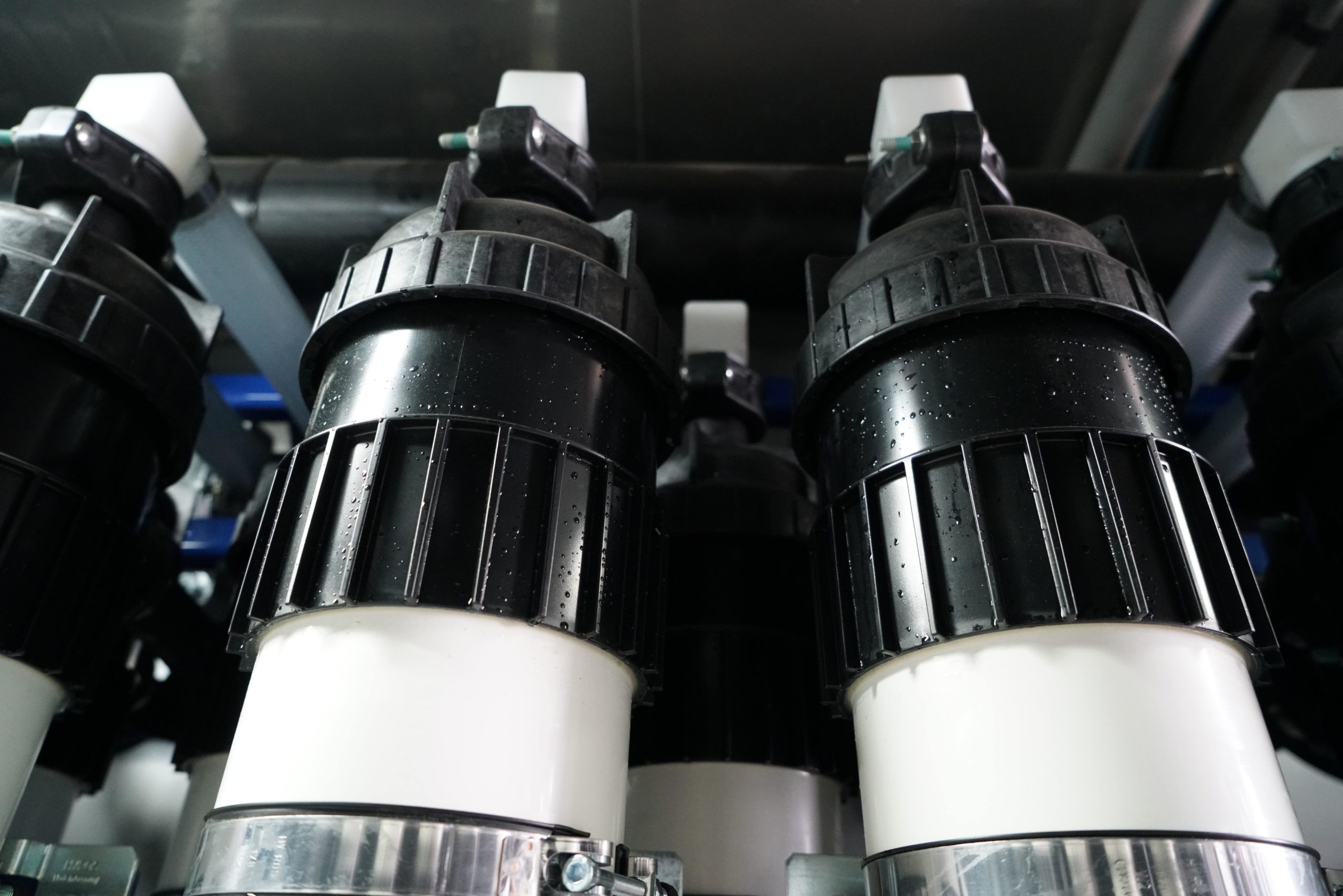Is your power plant ready for winter?
Whether it’s a tube leak that’s depleting a plant’s water supply, or an outage requires immediate attention, having access to a mobile water purification resource can be critical for any industrial company. Costly delays and plant shutdowns can severely impact bottom line performance, making it imperative to have an alternative solution available at a moment’s notice.
Providing the Power
Mobile ultrafiltration and demineralization trailers can provide an enhanced supply of filtered water when power needs exceed a plant’s normal demands. Temperature extremes such as cold weather often call for increased supply. Technicians begin the ultrafiltration process by hooking a pump up to a plant’s source water, which is fed to a pretreatment trailer. The real value in this process lies in the quality control each trailer provides for the water purification process. The high amount of throughput quality contained in each mobile trailer allows the filtration process to be closely monitored and refined as water conditions change.
Regardless of initial feedwater conditions, ultrafiltration trailers must produce a consistent, high-quality product. They must have a lightweight design, while allowing maximum capacity and minimizing maintenance requirements for plant operators. Industry leaders utilize low-mass fiberglass water tanks and multiple types of ion exchange resin during the in-house filtration process to improve purification capacity.
Shifting the Composition
Before water can be processed inside an ultrafiltration trailer, industrial engineers must first determine how a power plant’s feedwater should be treated. This can vary based on the temperature of the water. Recently, MPW was asked by a client to set up a temporary water demineralization system in less than four weeks. To further complicate matters, the project was set to begin in the middle of winter.
While evaluating chemical pretreatment options that could work under extremely cold water conditions, MPW’s technical team determined that aluminum chlorohydrate (ACH) was the best option for treating the feedwater, based upon a series of jar test experiments. The MPW technicians that initiated this test found that ACH, which is a known coagulant, would bind with the organic matter in the raw feedwater, creating a precipitate that could be easily removed by MPW Industrial Services’ capable ultrafiltration trailers. After finalizing the preliminary process, the plant was able to shut its system down completely, relying solely on the mobile system as the water source for its boilers. Typically, the plant would have had to wait for a complete plant outage to address such an issue in its water treatment process.
Remote Monitoring Capabilities
To ensure consistency, industrial power plants must also consider the remote monitoring capabilities of the ultrafiltration process. These capabilities become indispensable during extreme weather conditions, when different levels of chemicals are needed to treat the water and on-site maintenance grows even more challenging. Detailed sensors provide technicians with real-time data, allowing them to adjust the levels of certain chemicals as needed.
Thanks to its remote monitoring expertise, MPW is also able to initiate on-demand changes in the flow rate of water during ultrafiltration. MPW’s flow cycling capabilities allow its demineralization systems to respond adequately to varying mineral levels, ensuring a consistent output.
Weather conditions can be unforgiving, but that doesn’t mean water quality at power plants has to fluctuate. With the right industry-leading expertise, a refined ultrafiltration process and reliable remote monitoring capabilities, power plants can achieve a consistent water purification system capable of responding to challenges presented by unavoidable factors.
